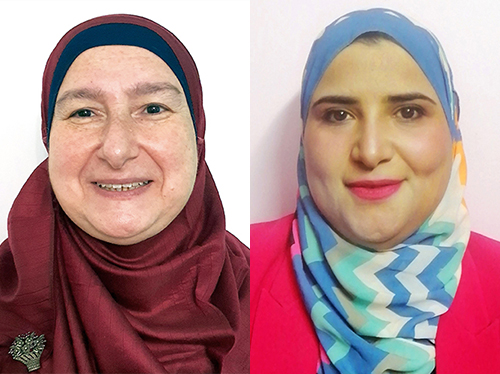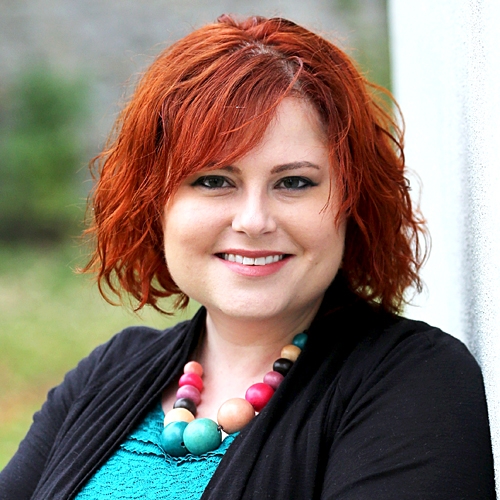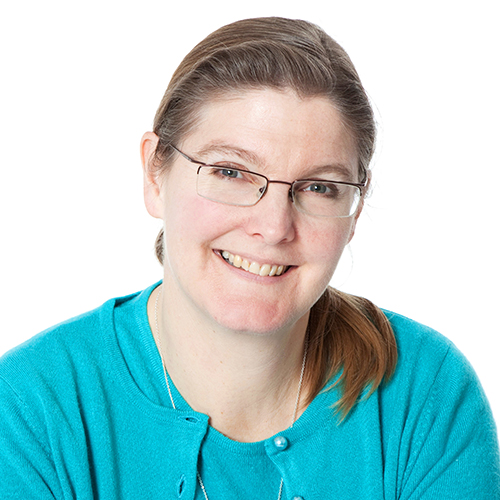 Breastfeeding Around the World Online Course(s) & Continuing Education
Breastfeeding Around the World Online Course(s) & Continuing Education
Access the latest clinical skills and research for Breastfeeding Around the World for Lactation & Breastfeeding professional training. These Breastfeeding Around the World online courses provide practice-changing skills and valuable perspectives from leading global experts. This Breastfeeding Around the World education has been accredited for a variety of CEUs / CERPs and can be accessed on-demand, at your own pace.
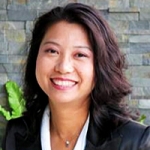
Breastfeeding in Hong Kong and traditional Chinese wisdom on confinement practices

Heidi Lam is a private practice IBCLC and La Leche League Leader in Hong Kong. She tandem nurse her two daughters and have more then 8 years of breastfeeding experience. She was accredited as La Leche League Leader in 2009. In 2010, to she was awarded the Trudi Szallasi Memorial Scholarship from Health-e-learning.com to complete a one year course on lactation medicine. In 2011, she was qualified as International Board Certified Lactation Consultant. Her job focus mainly on home visits to clients and running breastfeeding classes. Heidi is also active in promoting breastfeeding and was often interviewed by parenting magazines and other media in Hong Kong. Heidi was a Hong Kong delegate to spoke at the Susuibu.com International Lactation Conference 2010 in Malaysia. She also speaks regularly at local breastfeeding support groups.
Breastfeeding rates upon discharge is rising in Hong Kong over the past 20 years. Breastfeeding has become more of a topic than ever before. However, it is still very common to have early introduction of formula and exclusive breastfeeding rate is still low. Most private hospitals do not allow 24 hours room in. Many mothers need to go back to work when the baby is only six weeks old. In Hong Kong, it is very common to practice a confinement period after birth. This traditional Chinese wisdom has many benefits for the mothers and babies. Mothers of other cultures can also make use of some of the practices to benefit themselves.

View Details / Enroll
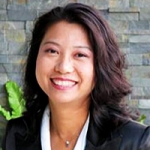
View Details / Enroll
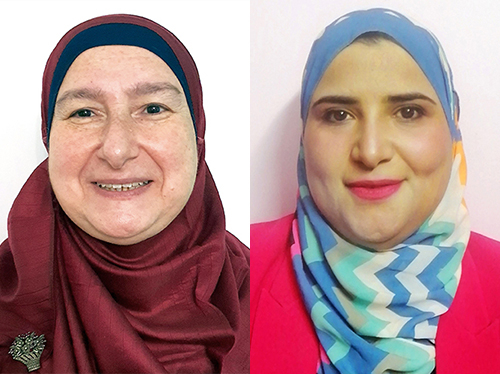

Dr. Amal El Taweel is a graduate of Faculty of Medicine, Cairo University, class of 1986. She obtained the Masters of Pediatrics in 1992 from Faculty of Medicine, Cairo university, and the Doctorate of Pediatrics from Al Azhar university in 2002. She became an IBCLC in 2003. Since 2004 she has been providing a pre-exam course for the Egyptian Lactation Consultants' Association of which she is a board member, treasurer and education coordinator. This program has been helping hundreds of Egyptian and Arab health care providers to certify as IBCLCs. She is also a member of the Advisory committee of IBFAN Arab world since 2012. She is a member of ILCA since 2008 and a member of the Academy of Breastfeeding Medicine (ABM) since 2009. She became a fellow and Board member of ABM in 2021.
Dr. Fayrouz Essawy is a pediatrician, neonatology consultant, an international board-certified lactation consultant, Neonatology Egyptian fellowship trainer, a baby friendly health initiative coordinator and Associate alumni, Harvard medical school. Fayrouz works as a neonatologist in El Mounira NICU. In 2016, she joined the LCCC course as a trainer, lecturer and course developer to train and qualify the medical team for IBCLC certification under the auspices of ELCA along with her work as a lactation consultant and a baby Friendly Coordinator and Trainer for a 20-hour course since 2019 in Rofayda maternity Hospital. She became a Neonatology Egyptian Fellowship trainer in 2020. She received the Egypt TOT (Training of Trainers), Harvard Medical School in 2020, and Research Training for Egyptian Researchers, Harvard Medical School in 2021. She is a member of the Egyptian Society of Pediatrics, the Egyptian lactation consultant association (ELCA), the academy of breastfeeding medicine (ABM) and the international lactation consultant Association (ILCA)
Breastfeeding is one of the matters that Islamic Sharia has given great importance. This is due to its importance and the fact that it replaces lineage in several matters, and the provisions of breastfeeding are many, including those related to the nursing mother and what pertains to the infant, as well as those related to and consequent on the milk itself.
The provisions of breastfeeding in Islam are many, including the provisions of fasting for a nursing mother and the mother’s right to receive the reward for breastfeeding her child, in the event that she is divorced, or revocable and her waiting period has expired, or if she is in the waiting period of death.
Also Islam fully supports adoption and encourages sponsoring orphans, rearing them, treating them kindly and seeing to their needs and interests. But adoption in Islamic law has rules and conditions that must be adhered to. there are some differences between Islam and the present system in other cultures, when we come to the implications and legal consequences of adoption. The rules come directly from the Quran, which gives specific rules about the legal relationship between a child and his/her adoptive family. Muslim women who adopt children may try to breastfeed these children in accordance with the provisions of Islamic Shariah law, which is to breastfeed the infant from three to five full feedings or more when the child is less than two years old.
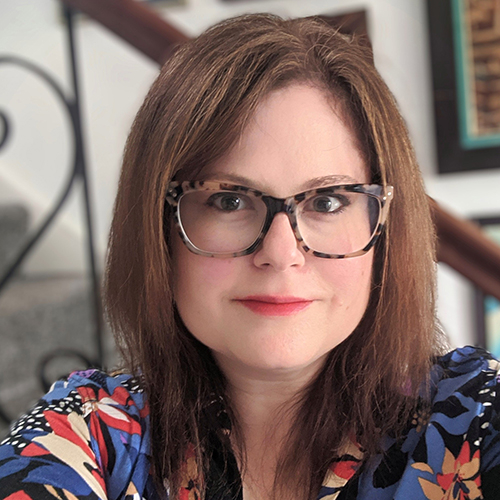

Tamara Drenttel Brand holds an MA in Near Eastern Studies from the University of Arizona and a Master’s in Public Health (MPH) from the American University of Beirut. She spent 10 years in the Middle East, where she worked as a public health practitioner, infant and maternal health consultant and an IBCLC. She has supported breastfeeding dyads from all over the world both in private practice and as a volunteer. In 2011, she founded and still actively facilitates “Mama 2 Mama Beirut Breastfeeding Support,” the largest breastfeeding peer support network in the Middle East (currently at 25k+ members). Additionally, she founded Galactablog, a professional group for lactation specialists and those aspiring-to-be (currently at 4.7k+ members) and has authored several articles for La Leche League’s monthly leader publications in both the Middle East and Ireland.
She is currently an international speaker on the topics dealing with breastfeeding in the Middle East, innovative lactation teaching strategies, working in resource-scarce settings, providing culturally sensitive lactation support, developing and implementing peer counselor training programs, mast cell disease and other related topics. Due to her own chronic health conditions, she has a special interest in educating others about mast cell disease and supporting those with chronic illnesses. She currently resides in a seaside village in Ireland with her family.
Topic: Contextualizing Breastfeeding in Lebanon - [View Abstract]
Topic: Lactation Education Outside the Box: Innovative Teaching Strategies to Engage Your Audience - [View Abstract]
Topic: Mast Cell Diseases and Lactation Care in the Post-Covid Era - [View Abstract]
Topic: Providing Culturally Sensitive Support for Breastfeeding Muslim Families - [View Abstract]
Topic: Reflections on a Breastfeeding Peer Counselor Program in Lebanon: Lessons Learned and Looking Forward - [View Abstract]
In Lebanon, nearly all mothers attempt to initiate breastfeeding. Despite high initiation rates, only 40% of mothers exclusively breastfed through the first month and nationally, a mere 2.4% continued to exclusively breastfeed between 4 and 5 months. Early weaning is a pressing public health concern as infant and under-5 morbidity rates are high. Environmental issues like water quality and sanitation can be problematic when supplemental formula or contaminated water is used. This presentation examines the breastfeeding trends in Lebanon and explores the complex and often overlapping historical, social, cultural, economic and policy determinants behind early weaning. Next, this presentation analyzes newly emerging factors such as the power of social media, collaboration of lactation specialists and the rise of influential mother support networks. The presentation will conclude by highlighting the growing breastfeeding support infrastructure in Lebanon, for the most part, facilitated by breastfeeding mothers themselves.

View Details / Enroll
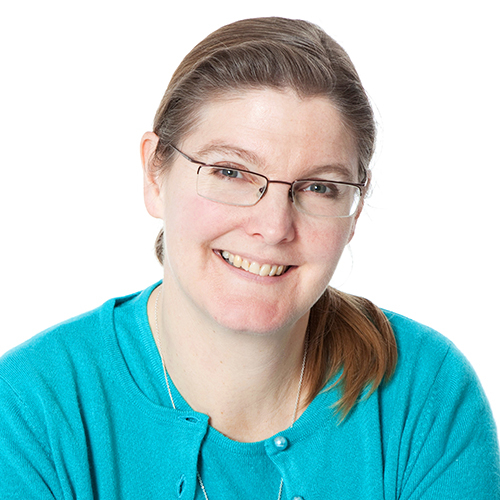

Helen Gray MPhil IBCLC is Joint Coordinator of the UK Steering Group of the World Breastfeeding Trends Initiative (WBTi). In 2017 she and Clare Meynell IBCLC jointly received the Award for Outstanding Contribution to Breastfeeding from the Lactation Consultants of Great Britain (LCGB), for leading the UK’s first WBTi assessment of infant feeding policies and programmes.
Helen is an international speaker on ethics and conflicts of interest. She represents La Leche League of Great Britain on the UK Baby Feeding Law Group, which works to bring the International Code of Marketing of Breastmilk Substitutes into UK law. She is also Policy and Advocacy Lead for Lactation Consultants of Great Britain, and previously co-chaired LCGB’s Communications Team.
Helen’s background in anthropology and human evolution has influenced her interest in how breastfeeding, and the way we nurture our babies, are influenced by both human biology and culture.
Her current advocacy focus is the need for strong policies to protect infant feeding in emergencies. She currently serves on the Advisory Panel for a London Food Resilience research project with Oxford University.
In her spare time, she can be found sculling on the River Thames.
The profession of lactation consultant has grown around the world and has evolved enormously since its inception in 1985. At first, the development of the profession provided skilled breastfeeding counsellors with a role that aligned with the medical model, provided a career pathway, and provided evidence of lactation skills and experience.
Over the years, the certification has grown and now there are over 33,000 International Board Certified Lactation Consultants© (IBCLC©) in 125 countries with the exam now offered in 17 languages. Lactation consultants are now recognised at national and global levels as providers of expert lactation care, and they work within a “landscape” of varied roles and qualifications, each of which brings their own important skill set. IBCLCs play many roles, ranging from advocate to clinical expert, from policy consultant to researcher. The profession has evolved in response to sociocultural change and global issues. One major change has been the increasing importance of technology and the internet, driven partly by the fact that the consumers of breastfeeding care are the most internet involved generation in history, with a particularly rapid transition in response to the COVID-19 pandemic. Major shifts have included the recognition of structural racism, health disparities, inequities in health care and in breastfeeding support, the importance of building a more diverse workforce, recognition of the gendered nature of lactation care and the need for inclusion for people of all genders, breastfeeding as a reproductive right and as a human right of the breastfeeding dyad, and the impact of how babies are fed on many other spheres, including climate change and public health.




